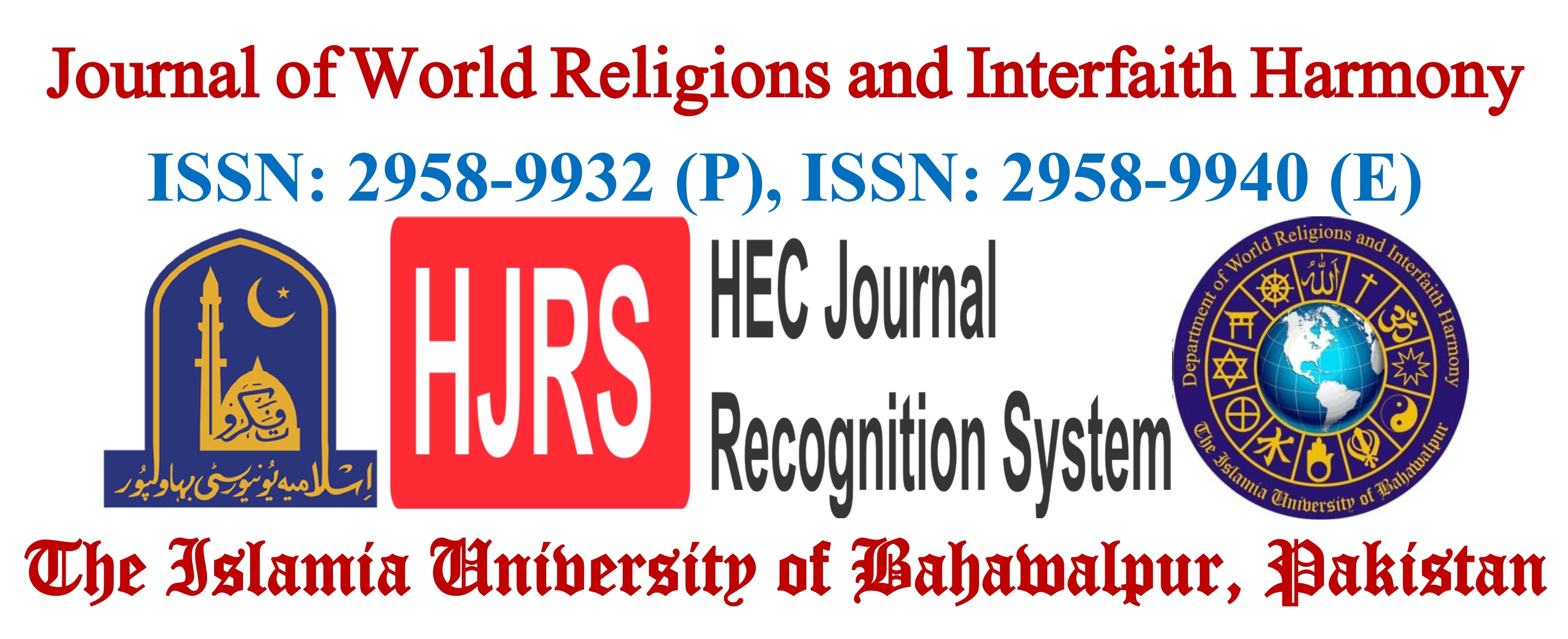Contemporary Models of Governance Integrating Sharia and State: A Comparative Study
Keywords:
Shariah-Based Governance, Islamic political system, Abrahamic FaithsAbstract
The article explores how Islamic governance integrates Shariah principles with state systems, beginning with historical examples from the leadership of Prophets Ibrahim (A.S.), Musa (A.S.), and Muhammad (PBUH). Each of these prophets demonstrated not only spiritual but also political leadership based on justice, monotheism, and divine law. Prophet Ibrahim’s governance focused on truth, social reform, and submission to God’s will. Prophet Musa’s leadership involved confronting tyranny, implementing divine commandments, and establishing a consultative system of justice. Prophet Muhammad (PBUH) laid the foundation of an Islamic state in Medina through treaties, social harmony (Muakhaat), and the Constitution of Medina, promoting justice, tolerance, and unity. The article then reviews how modern Muslim countries apply Shariah today. In Pakistan, Islamic principles are constitutionally embedded, with institutions like the Federal Shariat Court and Islamic Ideology Council guiding law-making. Iran follows the theocratic model of Wilayat al-Faqih, while Saudi Arabia uses Hanbali jurisprudence as the foundation of governance. Other countries like *Sudan, Malaysia, Afghanistan, and Brunei implement Shariah to varying degrees in legal and social matters. The article concludes by highlighting non-prophetic but Islamic leadership models (e.g., Khilafat), emphasizing justice, consultation, and moral integrity, drawing on the legacy of the Rightly Guided Caliphs and classical scholars like Al-Mawardi.
Downloads
Published
How to Cite
Issue
Section
License
Copyright (c) 2025 Fahmeeda Riaz, Umar Raheel

This work is licensed under a Creative Commons Attribution-NonCommercial 4.0 International License.






